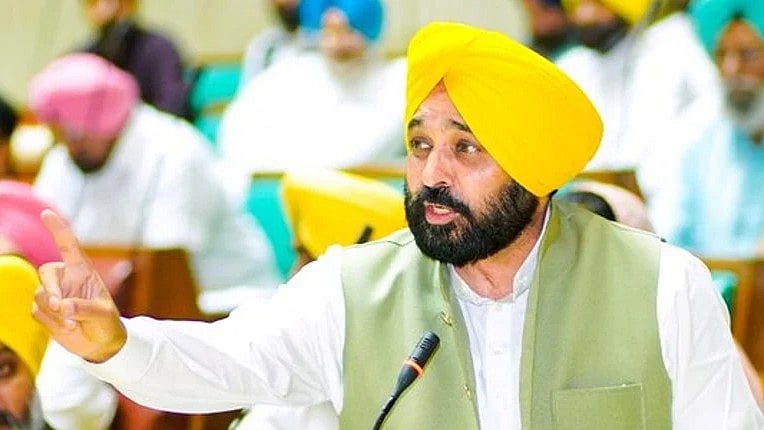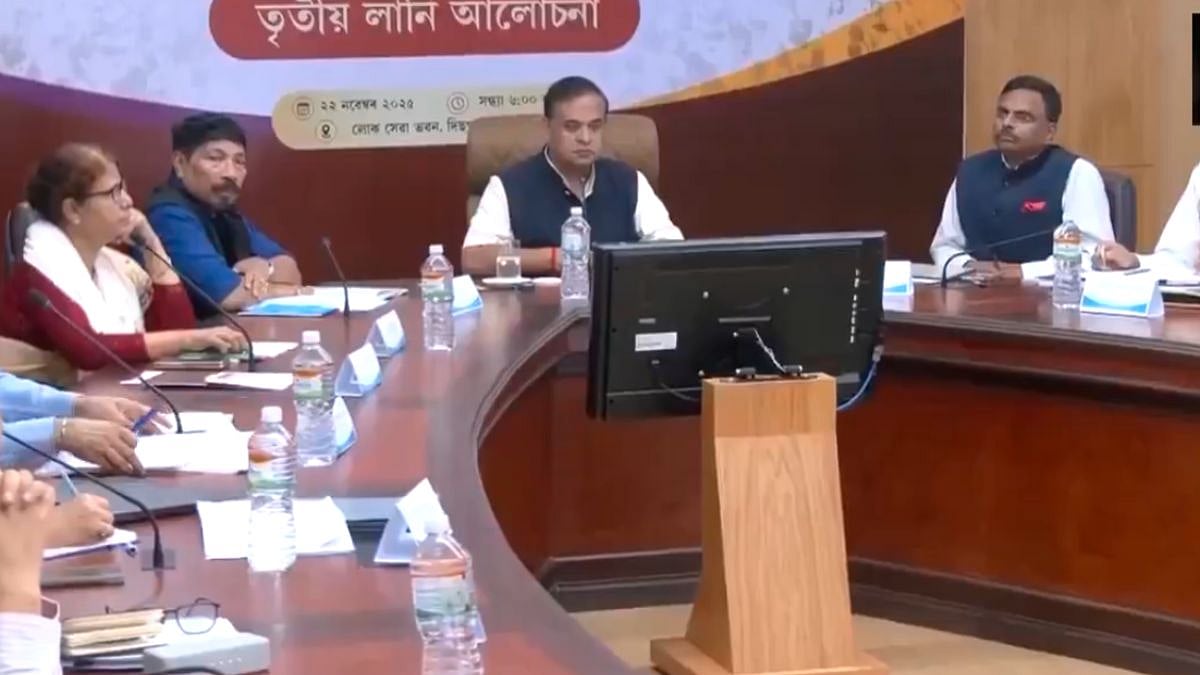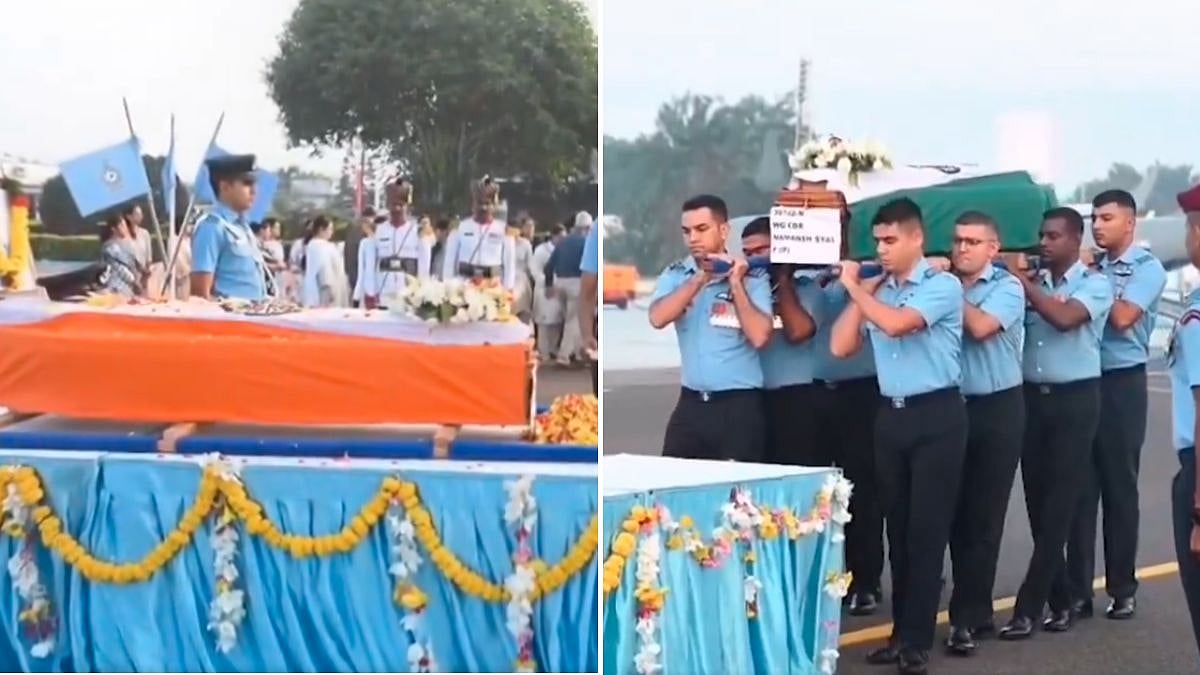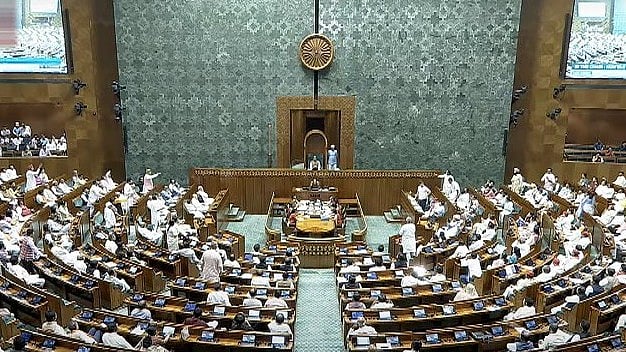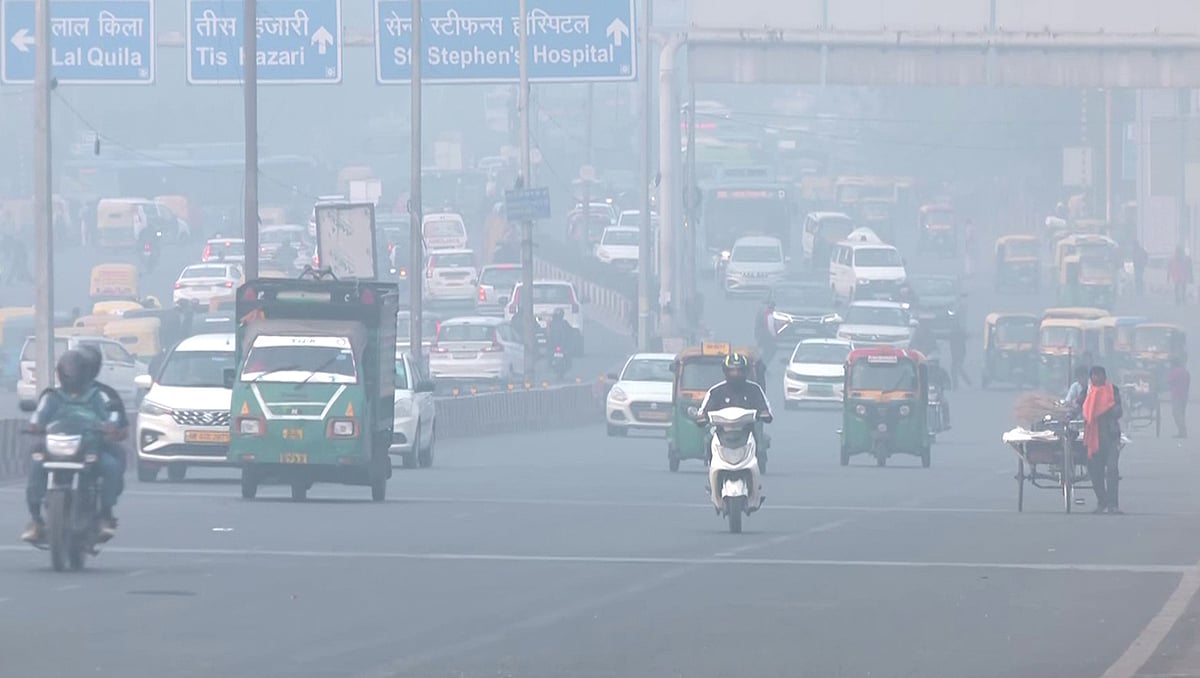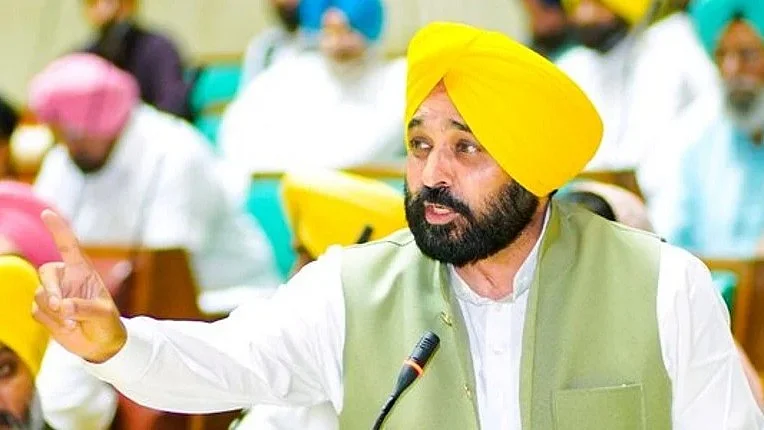New Delhi: The Union Government has proposed a major change in Chandigarh’s administrative structure, introducing a new framework that would allow the Centre to directly appoint a Lieutenant Governor for the Union Territory — a move that has reignited political tensions with Punjab. The Constitution (131st Amendment) Bill, 2025, is scheduled to be tabled in the Winter Session of Parliament beginning December 1.
What the Amendment Seeks
The Bill aims to bring Chandigarh under Article 240, a constitutional provision that empowers the President to frame regulations for Union Territories without legislatures. Such regulations hold the same authority as parliamentary laws.
If approved, Chandigarh will be placed in the same category as the Andaman & Nicobar Islands, Lakshadweep, Dadra & Nagar Haveli and Daman & Diu, and Puducherry when its Assembly is under suspension. The Centre would gain the power to appoint a Lieutenant Governor with full administrative authority, replacing the current system where the Punjab Governor acts as Chandigarh’s Administrator.
Long History of Shifting Governance
Chandigarh’s administrative model has changed multiple times since the reorganisation of Punjab in 1966.
Initially governed by its own Chief Secretary
Shifted in 1984 under the Punjab Governor’s control
The Chief Secretary renamed as Adviser to the Administrator
The proposed amendment would overturn this decades-old arrangement, granting New Delhi exclusive control over the city’s top administrative post.
Political Backlash in Punjab
The move has triggered sharp criticism from Punjab’s political leadership, with the AAP and Congress accusing the Centre of ignoring Punjab’s historical, political and emotional stake in Chandigarh — the shared capital of Punjab and Haryana.
Rajya Sabha MP Vikramjit Singh Sahney was the first to raise objections, urging MPs from Punjab to unite against the Bill and request an urgent meeting with Union Home Minister Amit Shah.
A Fresh Chapter in an Old Dispute
For Punjab, the amendment is viewed as another attempt to dilute its claim over Chandigarh.
For the Centre, it is part of a push for “uniformity” in the administration of Union Territories.
The Bill is likely to spark a contentious parliamentary debate, reopening long-standing disputes over a city claimed by two states and now poised to come under deeper control of the Union Government.
